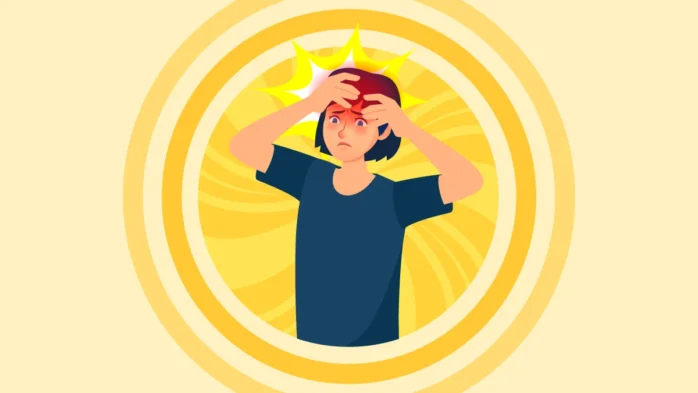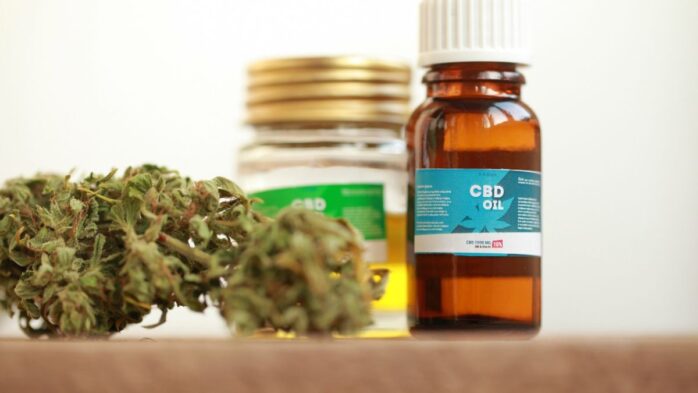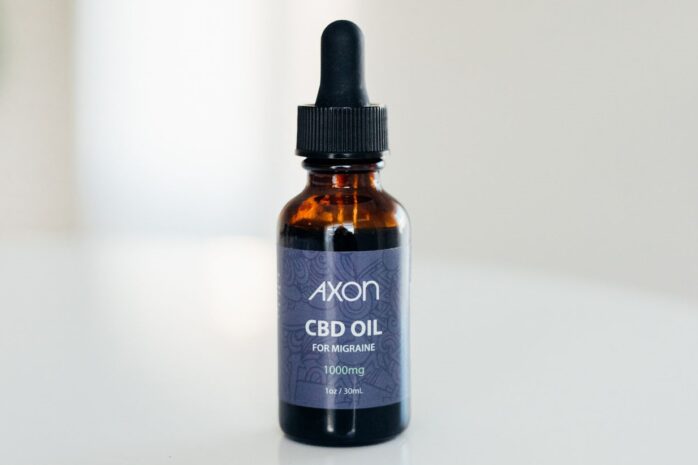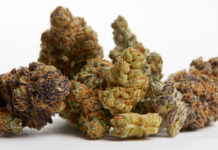
Migraines leave people unable to engage in their regular activities. They struggle with debilitating pain, nausea, vomiting, increased light sensitivity, and more. Medical professionals today offer several treatment options, including medications and injections, but many people find limited relief using these treatments. As a result, researchers continue looking for ways to address this prevalent condition. Cannabidiol, or CBD, is one treatment option they are investigating.

What are Migraines?
People who don’t suffer from migraines often assume they are nothing more than a terrible headache. However, they are much worse than this. A person with a migraine experiences severe pain that either throbs or pulses on one side of the head. At times, the pain may spread and affect both sides of the head. Some people have migraine pain in either the front or back of the head. It may center around their eyes, and they may feel the pulsing and throbbing behind their cheeks. Any movement can make the symptoms worse, and the pain often leaves the sufferer feeling weak. Noise and smells also increase pain for many people.
Why Do Migraines Occur?
A person develops a migraine when certain nerves in their blood vessels send pain signals through the body to the brain. When these signals reach the brain, the body releases painful inflammatory substances. Approximately 15 percent of the population suffers from migraines, which doctors consider a neurological disorder. In fact, today, migraines land on the list of the most debilitating diseases, coming in sixth. Approximately one billion people around the world struggle with migraines, according to the Migraine Research Foundation.

Migraine Triggers
Genetics may play a role in migraines. However, certain things might trigger an episode. Hormonal changes in a woman’s body may bring on migraines, and any time a person is stressed or anxious, they could feel one coming on.
Strong smells, flashing lights, bright lights, and loud noises are migraine triggers. In addition, a person might find certain medications trigger an episode, and the overuse of some medications may bring on debilitating pain.
In addition, tobacco is a trigger for some people. The same holds for caffeine. Some people develop a migraine when they use caffeine, while other people find the pain starts if they stop using caffeine. Furthermore, the consumption of certain foods and beverages may trigger an attack. This includes alcohol, yeast, fermented foods, and MSG, among others.
What is CBD?
CBD is a compound found in the cannabis plant. Unlike THC, another compound found in this plant, CBD does not include any psychoactive effects. It regulates and protects the endocannabinoid system, which is the system that impacts sleep, pain, inflammation, and more. Anyone interested in learning more and growing their own CBD should check out Weed-Seeds.com. How can CBD be of help to migraine sufferers?

How CBD Helps Control Migraines
Researchers believe that CBD attaches to glycine receptors found in the brain. These receptors determine how fast signals move between the nerve cells. The CBD reduces nerve pain. It works by disrupting messages being sent from the brain to the body. However, this is only one way CBD may help migraine sufferers.
Men and women often find their migraines are triggered by anxiety. CBD products help to reduce this anxiety and may also reduce the number of migraines the person has. It reduces anxiety by balancing the endocannabinoid system found in the human body. When this system is in balance, it produces naturally occurring chemicals. This may help not only migraines but cluster headaches.
The Axon Relief Survey
Axon Relief provides supplements designed to help those individuals who suffer from migraines. It conducted a survey known as the Headache Impact Test to learn what impact headaches have on a person’s life and how they can be treated. This clinically validated study found that 86 percent of participants experienced a decrease in the impact their headaches had on daily life after using a CBD formulation for 30 days. While clinical studies have yet to be done to validate these findings, researchers are optimistic.
Respondents took the survey at the start of the 30-day period and again at the end. Participants stated they experienced an average of 3.8 fewer headache days after using the CBD product. This equals a 23 percent reduction in headache days. Chronic migraine sufferers took part in this survey and witnessed a 33 percent reduction in headache days.
One hundred and five people took part in the survey for Axon Relief. Of those participants, 15 stated they struggled with daily headaches. That number decreased to ten by the end of the survey.

The Safety of CBD
As mentioned above, CBD does not include any psychoactive properties. It remains safe for medical use. In fact, the FDA has approved the use of CBD for individuals who suffer from seizures that don’t respond to other treatments. A person doesn’t need much CBD to get relief from the symptoms of a migraine. However, they must purchase the product from a reputable supplier, as there are many inferior products on the market that won’t provide the desired relief. In addition, they must ensure they are taking the appropriate dose.
Risks of CBD Use
People often wonder if CBD use includes any risks. Some people experience side effects when using these products. This includes fatigue or tiredness. Certain individuals say they struggle with dry mouth, while others report they experience changes in their weight or appetite. Diarrhea is another concern for some people who use CBD. Researchers report they are looking into this and whether a person will have any problems if they use CBD products over the long term.
Anyone who suffers from migraines should speak to their doctor to see if CBD products are a treatment option they should try. The doctor must evaluate their overall health to help make this determination, along with any medications currently being taken and migraine treatments the person has used in the past. Furthermore, people should use the medication when they feel a migraine coming on. Although people say it helps even after they have a migraine, prevention is always the best course of action. Speak to your doctor today to see if CBD may be right for you.











